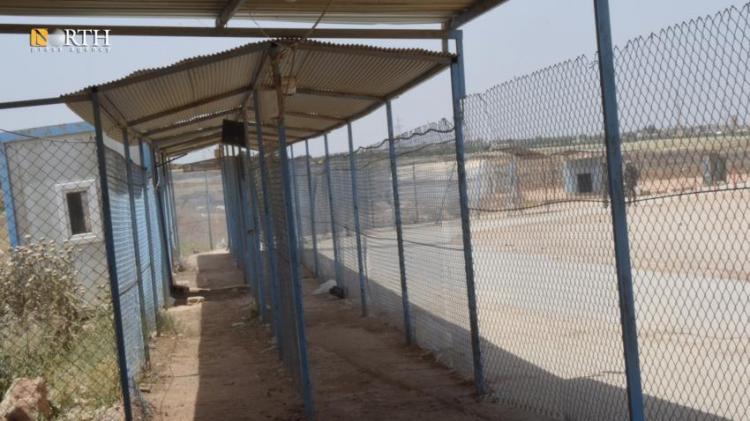Tabqa, Bu Asi and Akirshi crossings in Syria closed except for cases of illness
TABQA, Syria (North Press) – Tabqa crossing, 15 kilometres southwest of Tabqa city, Bu Asi crossing 20km west of Tabqa on the Aleppo-Raqqa highway, and Akirshi crossing 19km east of Raqqa city on the Raqqa – Deir ez-Zor highway, were closed on Friday. These crossings connect the Autonomous Administration-held areas with Syrian government ones.
An administrator in Tabqa crossing, Hassan Mustafa, told North Press on Saturday that Tabqa, Bu Asi and Akirshi crossings have been completely closed to arrivals and travellers since Friday, according to a circular issued by the Autonomous Administration of North and East Syria.
Mustafa pointed out that "Serious illness cases are allowed to travel accompanied by one person, provided that they have an official letter from the Health Board in northeastern Syria.”
Regarding the arrivals in northeastern Syria through the above mentioned three crossings, Mustafa clarified that "Critical humanitarian cases are allowed to enter, provided that they submit to a 14-day quarantine in Tabqa city. Other travellers are not allowed to enter.”
While drivers and their loaded cars with goods are allowed to enter to the crossing's yard after being completely checked and sterilized, in addition to implementing necessary precautionary measures and committing to physical distancing, then return after unloading and delivering the goods to merchants.
Students who come from Syrian Government-held areas to the Autonomous Administration's areas will be sent to a quarantine for 14 days in Tabqa, Bu Asi and Akirshi crossings, according to the administrator in Tabqa crossing.
The Health Board in the Autonomous Administration of North and East Syria recorded four infections with coronavirus, on Friday, three in Qamishli city and one in Hasakah. In turn, the Autonomous Administration decided on Friday to completely close all crossings, and impose a quarantine for 14 days on arrivals.
(Reporting by Mustafa Khalil, editing by Lucas Chapman)

